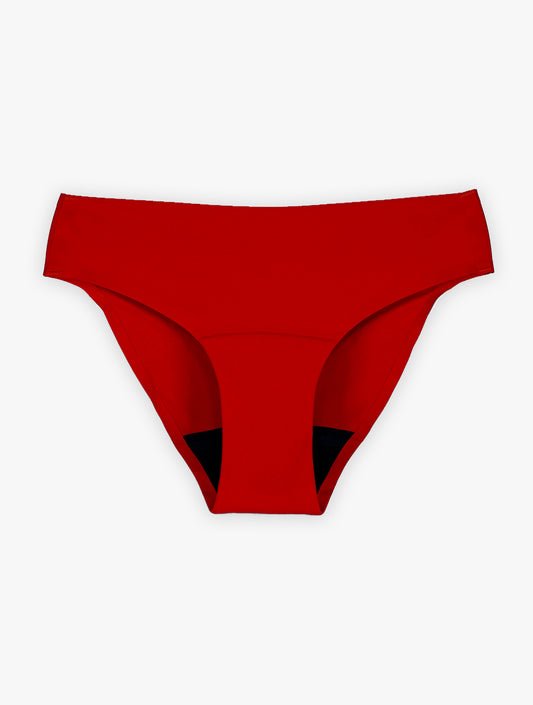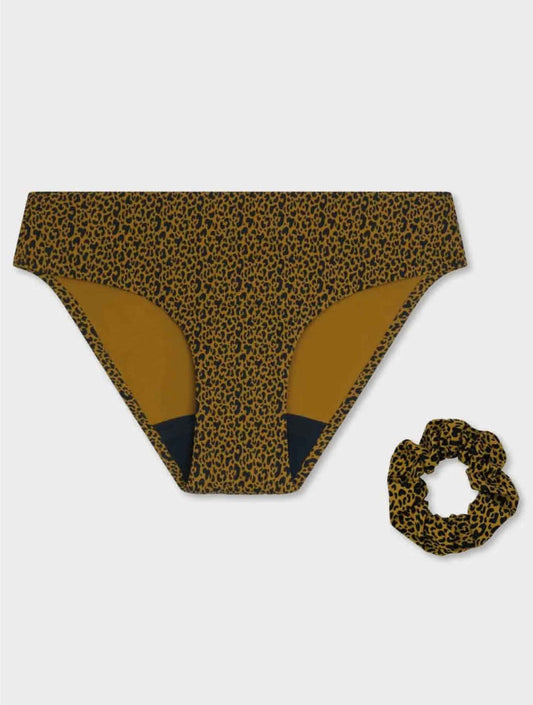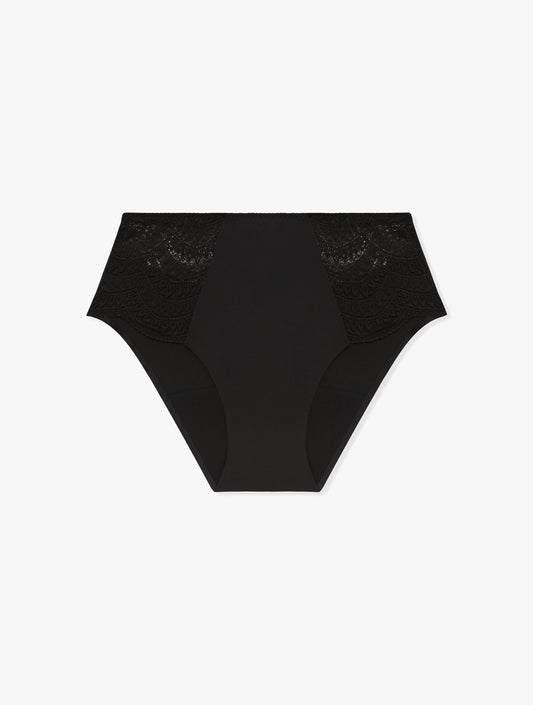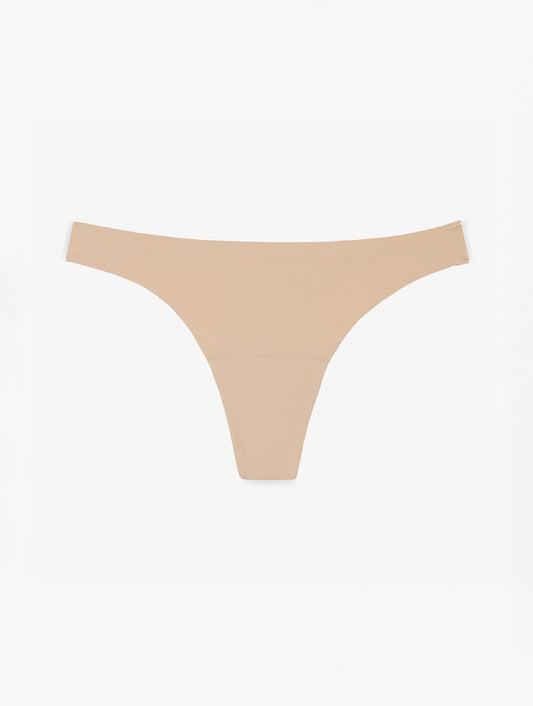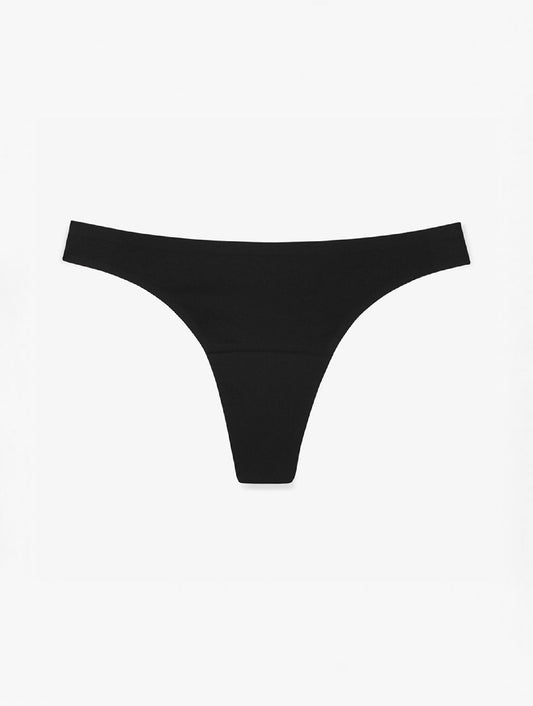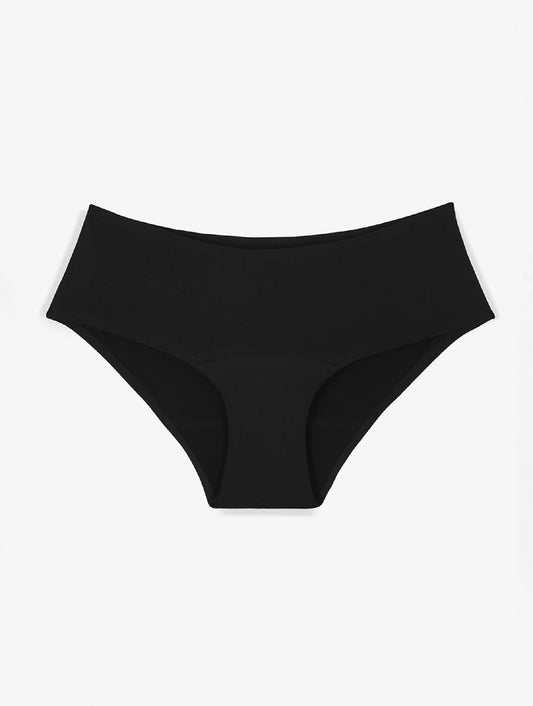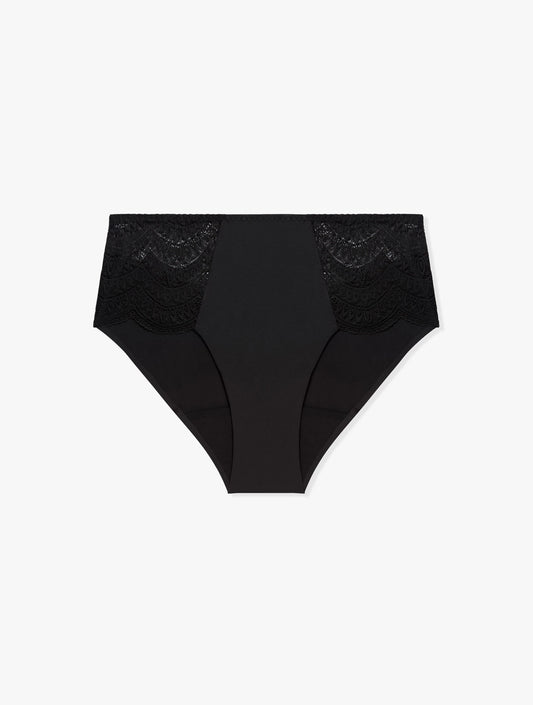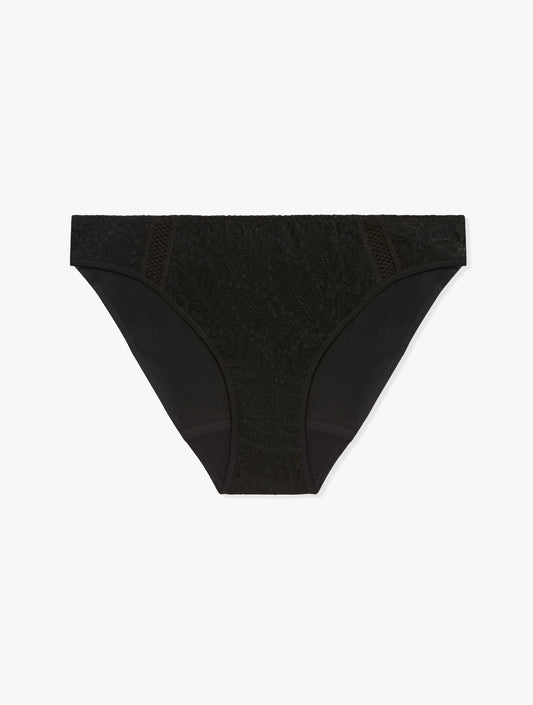Everything you need to know about menopause
Menopause is what we say we want more than anything when we're bedridden because of period pain . But in a slightly more scientific way, menopause is “the natural physiological phenomenon which marks the end of the menstrual cycle , ovulation and therefore fertility, generally between 45 and 55 years old” and it is accompanied by physical and psychological symptoms that are more or less easy to manage. Additionally, some illnesses may develop more easily once the process begins. To prepare for them and try to avoid them, it is best to find out beforehand.

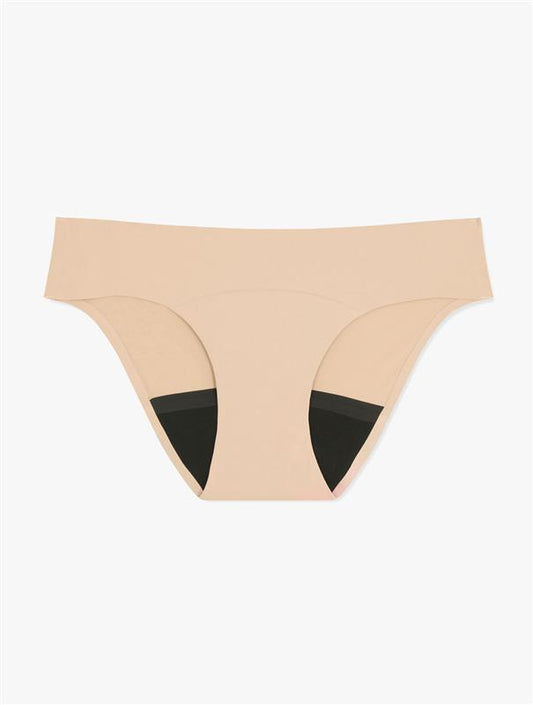
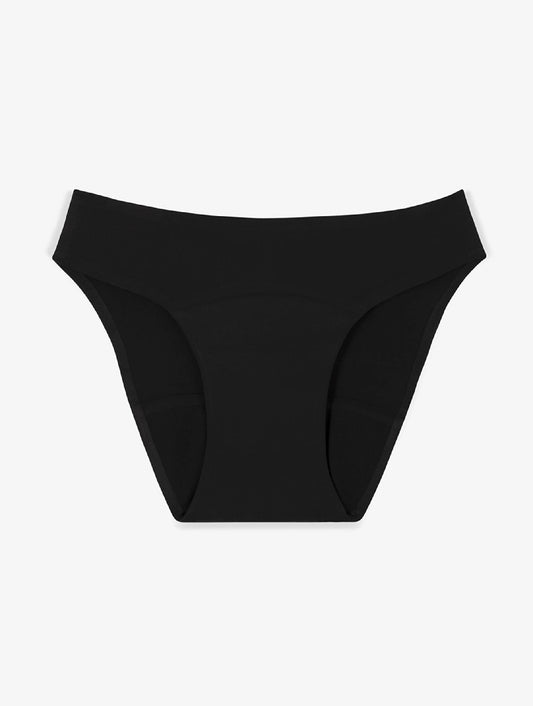
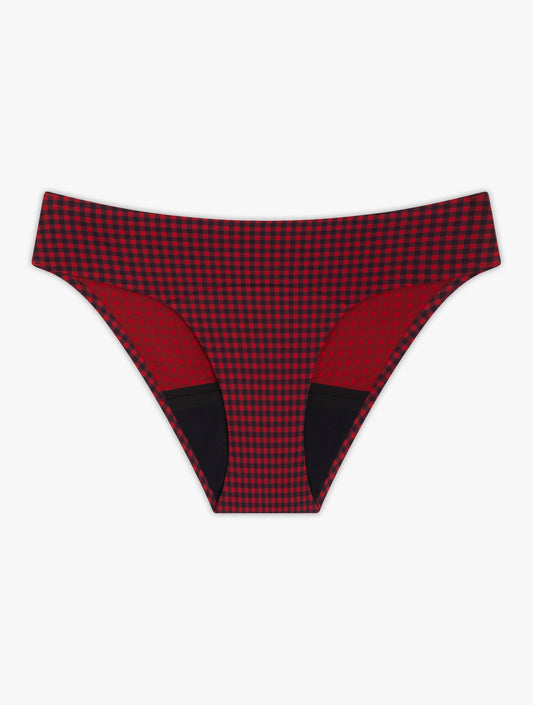






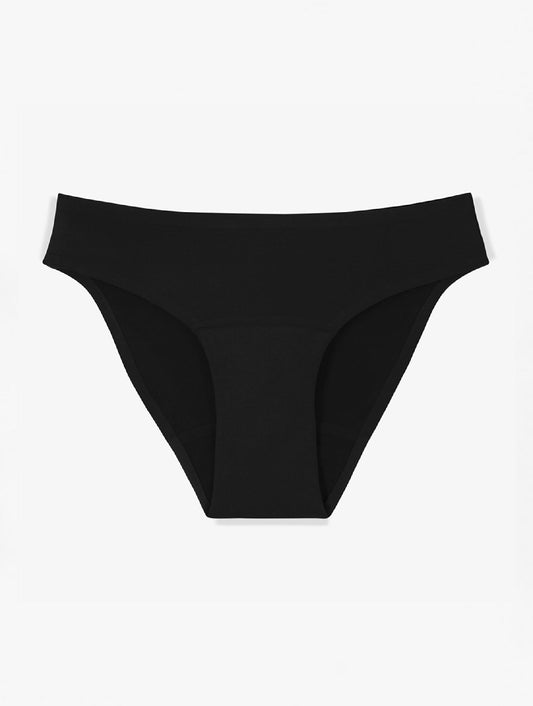



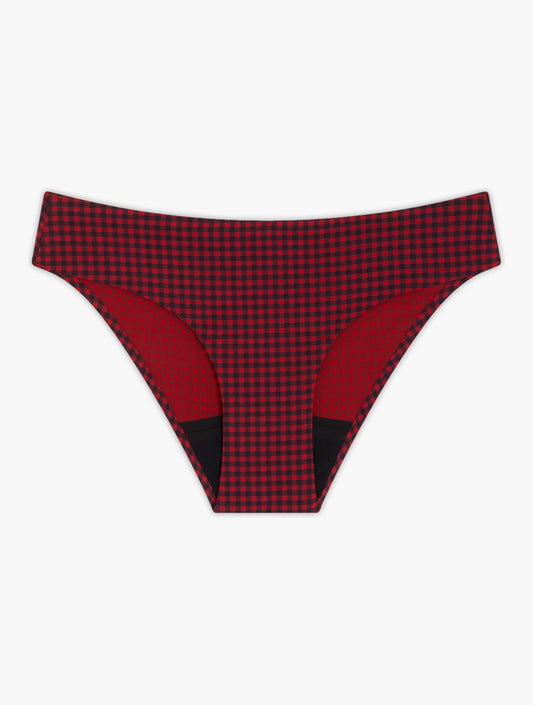
Why menopause?
Every woman is born with a certain number of ovarian follicles which mature in turn. Each month, one of them is mature enough to eject the oocyte it contains out of the ovary. This oocyte then travels towards the uterus with the aim of experiencing this short moment when it will be an ovum, that is to say the precise moment when it will perhaps be fertilized by a sperm.
Contrary to some beliefs, menopause does not occur once the supply of oocytes is exhausted. The ovaries contain around 30,000… In reality, it is the genes that determine the age of menopause in each woman. But be careful, the general state of health or certain surgical interventions also have an influence, such as the removal of both ovaries.
What are the symptoms of menopause?
Menopause doesn't happen overnight. Periods become irregular, increasingly spaced out and short, then eventually stop completely. A woman is considered to be menopausal when she has not had any bleeding for an entire year.
Once menopause is established, the ovaries gradually stop producing estrogen, the main hormones of the female hormonal system. This ruling has numerous consequences on the health and comfort of women:
– the vagina tends to dry out, giving rise to more frequent infections,
– the blood vessels in the skin dilate greatly causing hot flashes and profuse night sweats
– bone mass decreases, hence the problems of osteoporosis
– blood cholesterol levels gradually rise, increasing the risk of cardiovascular disease
– irritability and risk of depression also increase
– libido drops drastically
– weight gain may occur
– sleep disorders may appear
In short, it’s not always easy to go through this stage.
What solutions for menopausal women?
When menopause sets in and periods become irregular, there is a solution to avoid living 7 days a week, 24 hours a day in the anxiety of the task: period panties ! Indeed, you will be able to wear it as often as necessary without producing tons of waste , exploding your periodic protection budget and above all without threatening the balance of your vaginal flora, already weakened at that time with the chemicals present in the majority of towels. and stamps.
As for the inconveniences listed above, they can be reduced by taking hormonal treatments. They consist of taking low doses of estrogens and progesterones during the onset of menopause. Hormone therapy also has the advantage of stimulating immediate memory and apparently prevents the onset of neurodegenerative diseases such as Alzheimer's.
However, the benefits for heart disease are not proven. In addition, this type of treatment can cause side effects if they are taken for too long.
Before making any decision, it is therefore important to weigh the pros and cons with your gynecologist. What are the benefits and what are the real risks? Depending on your temperament, you may prefer to focus on a healthier lifestyle or turn to more natural treatments.
By Emilie

